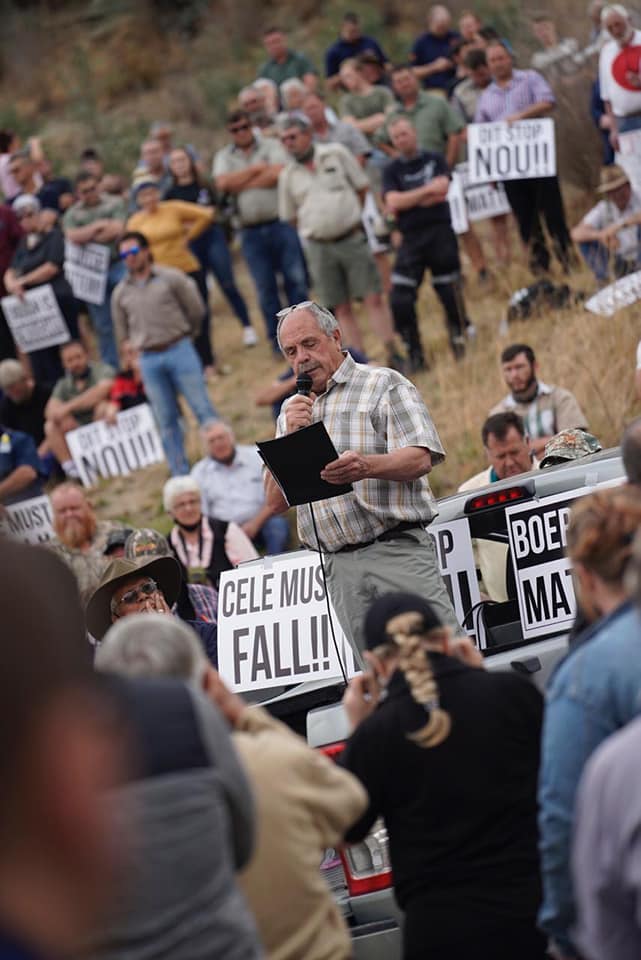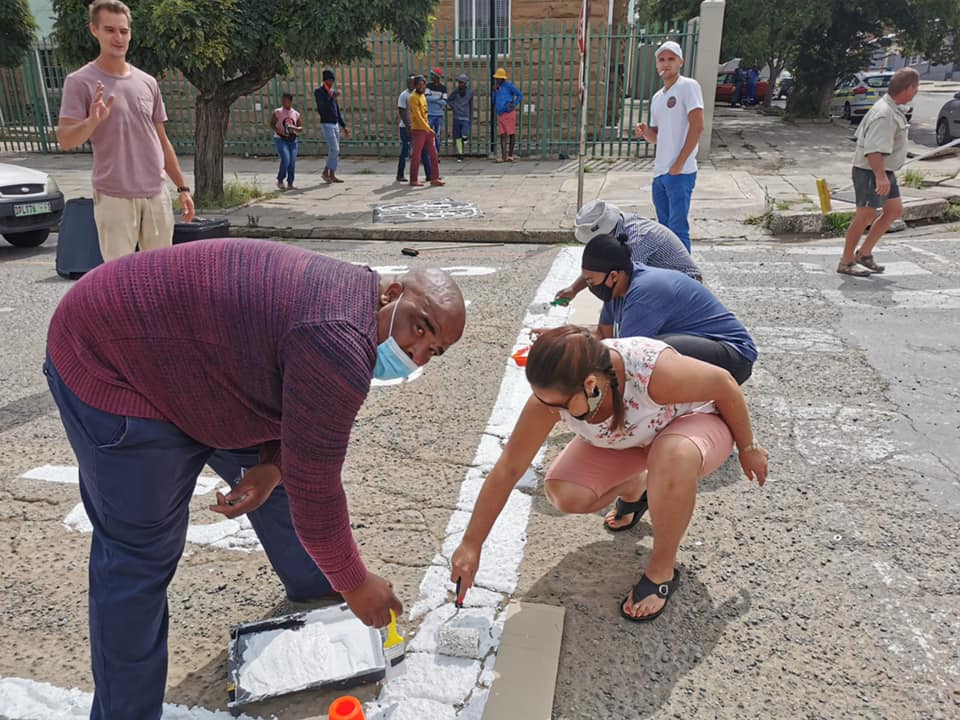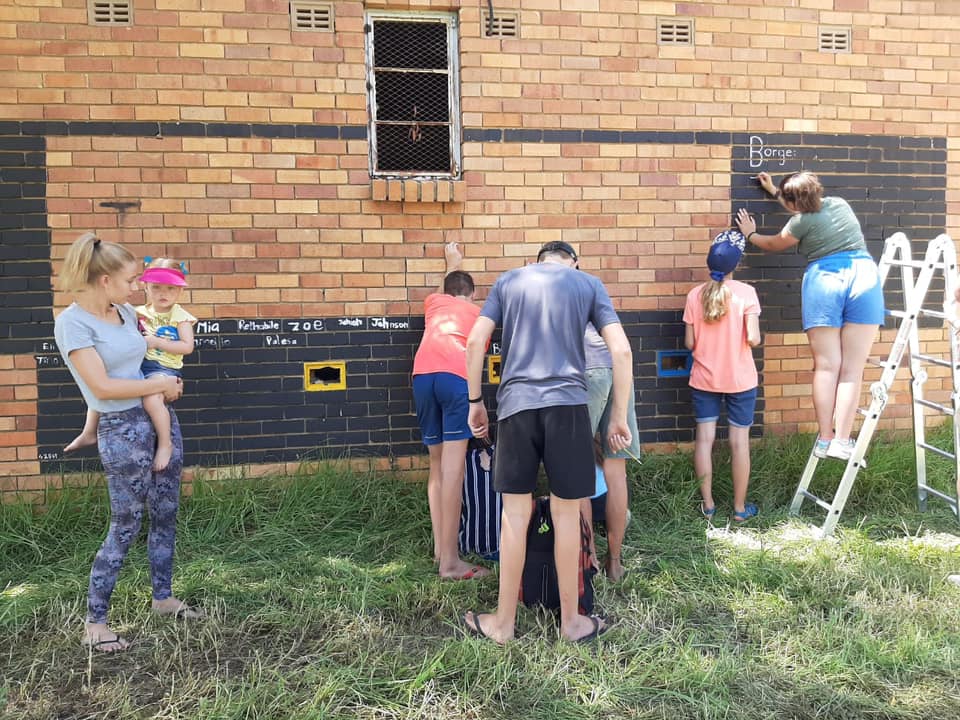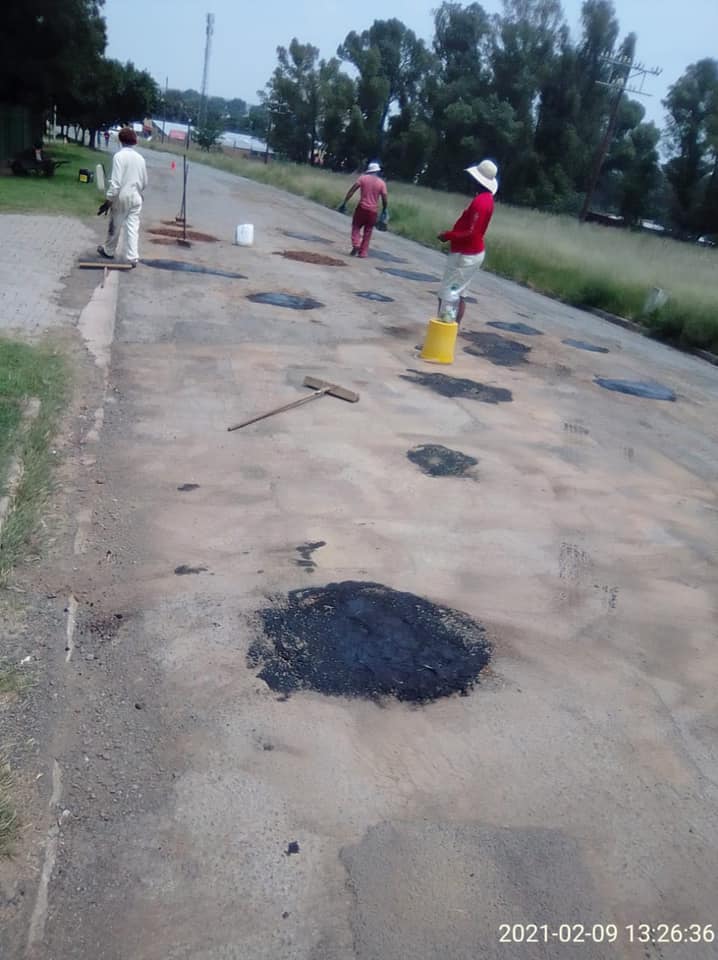A few years ago, Senekal was known for unrest. Today, it’s becoming known for unity, purpose… and soon, a whole film industry!
Free State, South Africa (15 May 2025) – Senekal in the Free State has undergone a remarkable transformation. Once known for headlines about violence, this rural town is now defined by unity and renewal. Residents have taken it upon themselves to restore crumbling streets, parks and public spaces. And now, their successes are even drawing national attention!
Filmmaker Frans Cronje (brother of late cricketer Hansie Cronje) has announced plans to make Senekal a rural filming hub, betting on the town’s revived spirit and economy. In short, Senekal’s story has flipped from tragedy to something truly inspiring.
Just a few years ago, Senekal was the scene of a dark confrontation. On the 6th of October 2020, the trial of Brendin Horner’s accused killers was held at the local magistrate’s court. Frustrated protesters stormed the courthouse, breaking windows and overturning a police van. They set the vehicle alight, and reports described exchanged gunfire and stun grenades amid the chaos. News coverage at the time graphically captured burning tyres, shattered glass and frightened citizens. The events drew swift condemnation from leaders across South Africa. Police Minister Bheki Cele vowed to arrest the “lawless” attackers, and Justice Minister Ronald Lamola denounced the scenes as an “anarchic”, “inexcusable assault on the rule of law”. Free State Premier Sisi Ntombela and civil rights groups likewise condemned the violence. These tense days of outrage and grief put Senekal on the map but only as a cautionary tale of fear and division.

Instead of letting the turmoil define them, Senekal’s citizens rallied to rebuild their town. Within weeks a cross-community initiative took shape. A local pastor and civic leaders launched the Senekal/Matwabeng Community Forum to heal divisions and take action. The forum began organising volunteer work teams, farmers and township residents alike, to clean, fix and beautify Senekal together.
As we reported back then, “That ordeal feels like a lifetime ago, and Senekal is rallying together to restore the cracks in their community”.
Some of the key achievements of these volunteers included:
- Pothole repairs: In the first year they filled over 5,500 potholes in the town’s streets.
- Public spaces refreshed: Teams repainted playgrounds, fixed damaged road signs, trimmed overgrown gardens and felled unsafe trees.
- Community clean-ups: They organised joint “clown town” clean-up days, where farmers and township residents cleared trash and rubble. In one event the teams hauled away more than 20 tonnes of debris from the township suburbs.
- Facility upgrades: The ageing municipal swimming pool and other communal facilities were repaired and renovated by volunteers.



Frans Cronje, who grew up in the Free State but built a film career in Cape Town, was drawn to Senekal by the town’s comeback.
He says he wanted to make his next film in a rural area, not just to shoot on location but to “build something lasting that could rejuvenate the local economy”.
“Cape Town is a well-known destination for shooting films, but I felt the urge to take my next movie to the rural areas,” he explained.
In 2020 he moved to Senekal and joined the volunteer teams, helping to restore streets and parks with local youth and elders.
Now Cronje is putting action to his vision. He plans to convert an old grain mill into a film studio. Dubbed New Road Studio. His first production is a big-budget gladiator epic set in ancient Rome, chosen both for its appeal and its positive message. This project marks the first step in his broader vision to turn the town into a production hub for Christian-themed films.
Cronje himself emphasises the potential economic lift: building a film industry in Senekal “could have a significant impact on the economy of not just the town but the region,” he says.
In short, the once-sleepy farming town may soon host cameras, sets and crews, bringing new jobs for carpenters, caterers, designers and others.
The excitement is already palpable. Local businesses report more inquiries, and young people say they are considering careers in film and technology for the first time. Cronje’s project has even drawn support from national film bodies looking to diversify South Africa’s production locales. Everywhere you look, the mood in Senekal is upbeat. What began as a handful of volunteers has grown into a movement backed by both faith leaders and civil society.
The town that made headlines for violence is now poised to make headlines for creativity. Residents are already planning local film festivals, training programs and events to showcase Senekal’s revival. In short, the community is writing a joyful new chapter… one defined by resilience, unity and opportunity.
Senekal’s remarkable transformation shows how ordinary people can turn crisis into possibility. The achievements so far are impressive and the road ahead looks brighter than ever.

